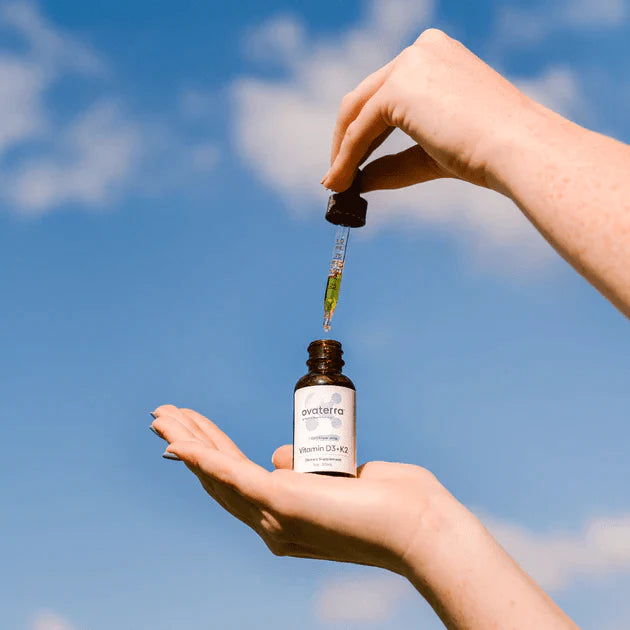First off, take a breath. One deep inhale, one exhale. Now, let’s tackle this together.
Being faced with a cancer diagnosis is an overwhelming experience, and adding the worry of fertility on top of it can feel like too much. But know this: you have options, and you don’t have to figure them out all at once. Whether you’re about to start treatment or are already on the other side, there are paths forward, like fertility preservation, for building the family you’ve dreamed of, and we’re here to help.
How to Preserve Fertility Before Cancer Treatment
For fertility preservation in cancer patients, early planning is key. Cancer treatments, like chemotherapy and radiation, can affect the eggs or sperm, making it harder to conceive naturally afterward. That’s why it’s important to explore fertility preservation options like egg or sperm freezing. For women, this might mean freezing eggs or embryos if you're in a partnership. For men, sperm freezing is a quick and effective option.
If you’re short on time or looking for a less common approach, some women choose ovarian tissue freezing, where ovarian tissue is removed and stored for future use. This might feel like a lot to consider, but you don’t have to decide alone—your healthcare team can help you weigh these choices.
Fertility Options After Cancer Treatment
If you didn’t get the chance to preserve your fertility before cancer treatment, don’t worry—there are still many options available post-treatment. Your journey to parenthood doesn’t end here.
- Natural Conception: Depending on your treatment type and overall health, natural conception may still be possible. Your doctor can assess your fertility through tests to determine your best path forward.
- IVF with Frozen Eggs or Embryos: If you were able to freeze eggs or embryos, you can work with your fertility team to start IVF after cancer treatment. It’s a hopeful option for many women looking to start or grow their families.
- Donor Eggs or Sperm: If treatment has affected your egg or sperm quality, donor eggs or sperm may provide the chance to conceive and carry a child. This option is deeply personal, but it’s worth considering if you want to pursue a biological connection.
- Surrogacy: For those unable to carry a pregnancy due to treatment, surrogacy is a path to parenthood. Whether using your own frozen eggs or donor material, surrogacy allows someone else to carry your child, bringing your family dream to life.
- Adoption: Adoption is a beautiful and fulfilling way to grow your family. If pregnancy isn’t an option, there are many routes to explore—domestic, international, and even fostering children.
Finding Emotional Support
As you navigate these decisions, it’s important to remember: you don’t have to go through this alone. Fertility after cancer can feel isolating, but seeking support from a therapist, counselor, support group, or a loved one can make all the difference. Give yourself the space and time to process these decisions at your own pace. This is your journey, and you deserve to feel supported every step of the way.
Conclusion
Fertility after cancer is a journey with its own set of challenges, but it’s also filled with hope. Whether you’re focusing on fertility preservation before treatment or exploring options after, there’s a path forward. You don’t have to rush into decisions or have it all figured out right away—what matters is taking each step as it comes and knowing that support is there when you need it.
We’re here for you. If you have questions or want to explore your options, reach out. 💛
Ovaterra is a reproductive and sexual health company dedicated to providing doctors, patients, and their partners with research-backed, clinical-grade reproductive health supplements developed in collaboration with leading researchers. For more information on products and services, visit the official website. For additional learning opportunities, please visit our resource library.












